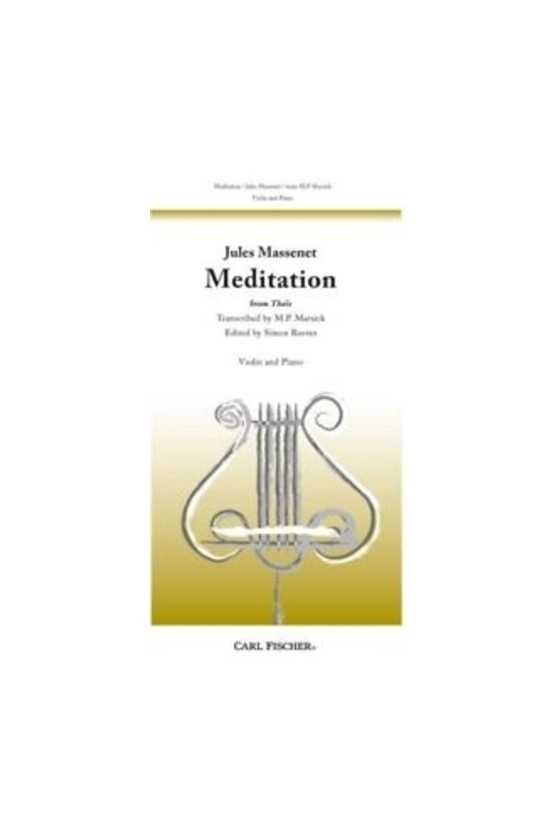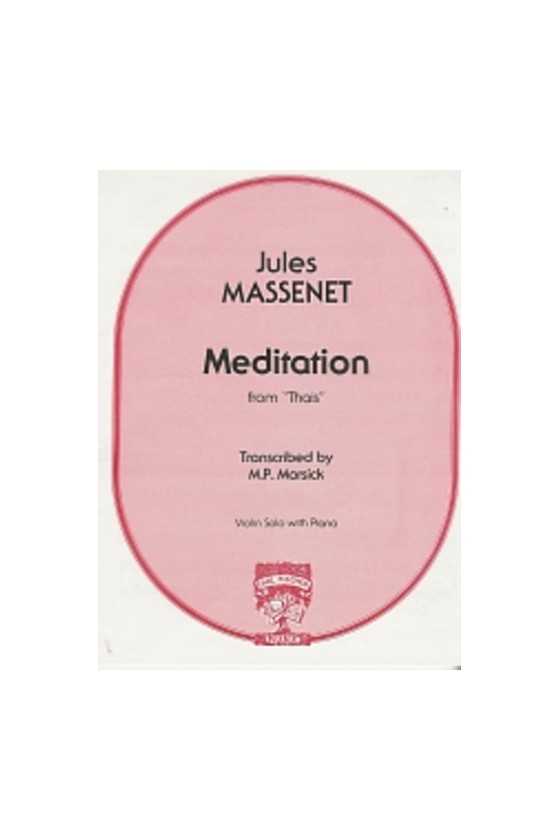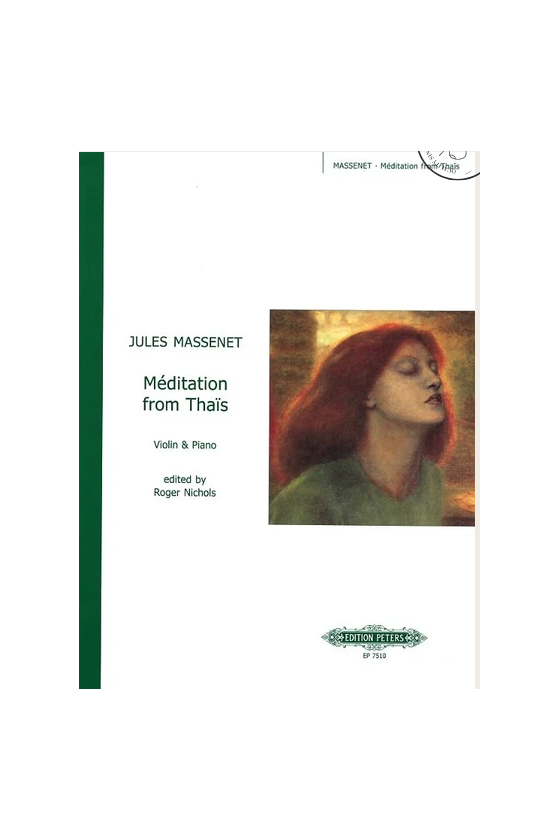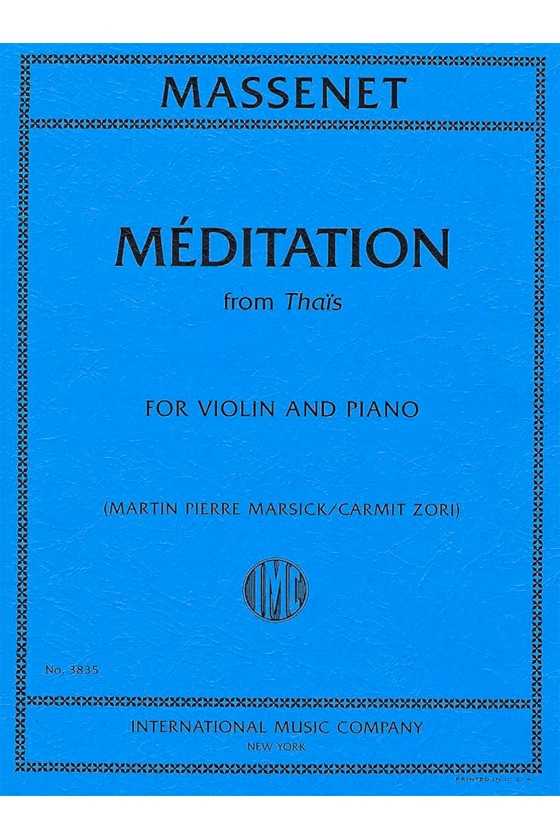Massenet, Jules
Jules Massenet, renowned as a prominent French composer, left an indelible mark on the world of classical music. Born on May 12, 1842, in the picturesque hamlet of Montaud in the Loire département, Massenet's musical journey began at an early age.
Early Life and Education
At the age of eleven, Massenet and his family relocated to Paris to nurture his musical talents. Recognizing his potential, he was admitted to the prestigious Conservatoire, where he received comprehensive training in composition and violin. It was during this period that Massenet's prodigious talent began to flourish, setting the stage for his future as a celebrated composer.
Grand Prix de Rome and Rome Years
In 1862, Massenet's remarkable abilities were acknowledged when he won the esteemed Grand Prix de Rome. This victory granted him the opportunity to live and study in Rome for three transformative years. Immersed in the city's rich cultural heritage, Massenet honed his skills and expanded his musical horizons, laying the foundations for his later masterpieces.
The Early Years: From Marie-Magdeleine to Acclaim
In 1867, Massenet unveiled his first opera, "Marie-Magdeleine," captivating audiences at the Opéra-Comique. While this initial work did not achieve widespread recognition, his subsequent dramatic oratorio impressed the likes of Tchaikovsky and Gounod. Massenet's ability to convey intricate storylines and character development through his compositions left audiences enthralled, and his unique perspective on nature and spiritual growth added depth to his works.
Rediscovery and Lasting Popularity
Although many of Massenet's works faded into obscurity for a time, the 1980s witnessed a revival of interest in his compositions. However, two of his operas, "Manon" and "Werther," remained steadfast favorites, captivating audiences for over a century. The enduring appeal of these works stands as a testament to Massenet's ability to craft melodies that resonate deeply with listeners.
The Franco-Prussian War and Artistic Resurgence
Interrupting his composition career, Massenet temporarily set aside his music to join the fight in the Franco-Prussian War. After the war's conclusion in 1871, he returned to his craft with renewed vigor. Sharing his expertise as a professor at the Paris Conservatory from 1878, Massenet nurtured the talents of aspiring composers such as Gustave Charpentier, Reynaldo Hahn, and Charles Koechlin.
Masterpieces: Manon, Werther, and Thas
Among Massenet's most cherished works, three stand out as true masterpieces: "Manon" (1884), "Werther" (1892), and "Thas" (1894). These operas showcase Massenet's ability to capture the human experience, evoking a range of emotions through his intricate compositions. Each opera tells a poignant story, immersing audiences in the characters' lives and captivating them with their timeless themes.
Don Quichotte and Wagner's Influence
In 1910, Massenet premiered "Don Quichotte" in Monte Carlo, featuring the iconic Russian bass Feodor Chaliapin in the title role. In this opera, Massenet incorporated Wagner's leitmotiv technique, infusing it with his unique Gallic lightness. While some critics found this amalgamation saccharine, Massenet's ability to create distinct musical identities for his characters remained unparalleled.
Prolific Output and Musical Diversity
Massenet's musical contributions extended beyond his operas. He composed concert suites, dance music, oratorios, cantatas, and over two hundred songs. Notable non-vocal performances include the exquisite "Méditation réligieuse" from "Thas," a captivating violin solo accompanied by an orchestra. Additionally, "Le Cid's" "Aragonaise" and the piano solo "Élégie" have attained widespread recognition, often performed by aspiring pianists.
Legacy and Unique Artistic Voice
Jules Massenet's impact on the world of music cannot be overstated. His status as one of the most influential and prolific composers of his time endures to this day. While his melodies have been described as consummate and theatrical, Massenet's music possesses a distinctiveness that sets it apart from his peers. His compositions continue to captivate audiences, preserving their vitality and beauty for generations to come.
Conclusion
Jules Massenet's life and music offer a melodic journey through the realms of passion, emotion, and timeless storytelling. From his early years in Paris to his triumphs in Rome and beyond, Massenet's dedication to his craft and unique artistic voice shine through in each composition. As his works continue to be celebrated and performed worldwide, his legacy as a masterful composer remains firmly entrenched in the annals of classical music history.
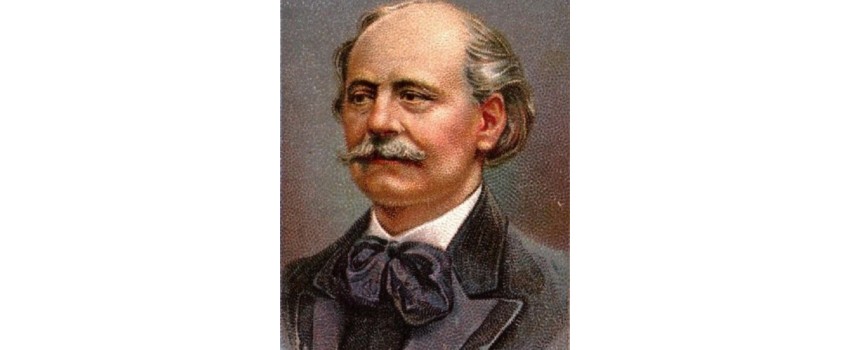
Massenet, Meditation From Thais (IMC)
This lush and sensuous work, originally an intermezzo from his opera, is one of Massenet's most cherished compositions. It was arranged for violin and piano by Martin Pierre Marsick.

